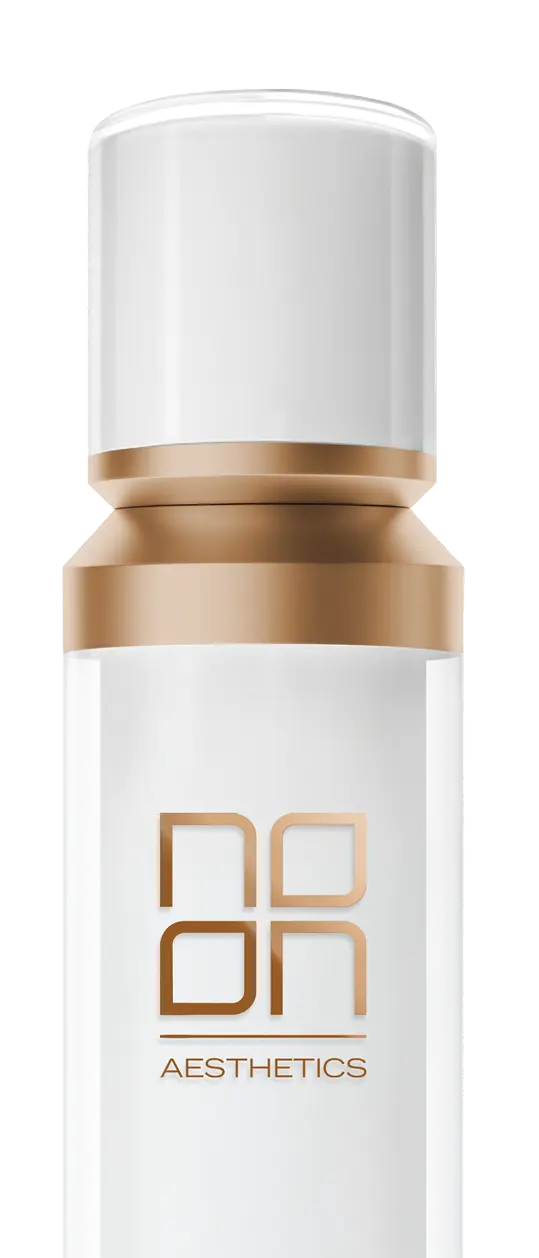
Stay Tuned
The Future
of Skincare
Starts at NOON…
NOON Aesthetics™ is evolving with a fresh new look and next-generation skincare innovations.
It’s the same cutting-edge science you know and trust, now featuring even more advanced formulations and elevated packaging.
While we prepare to unveil the new NOON Aesthetics™ Canada online experience, our full website is temporarily offline—but your favourite products and treatments are still available at leading clinics across the country.
Looking for a NOON treatment or product?
Use our Find a Clinic tool to locate a trusted provider near you.
Use our Find a Clinic tool to locate a trusted provider near you.
Stay tuned on our socials for exclusive sneak peeks, launch updates, and everything coming next. We can’t wait to show you what’s ahead.
Find A Clinic
Enter Your City, Address or Postal Code to find a clinic nearest you. Scroll down past the map to see results.
Important: Only clinics that are listed on this website are trained and certified to provide Noon Aesthetics products.
search provided by Store Locator Plus®
Contact Us
DermaSpark Products Inc.
9123 Bentley St. unit 116
Vancouver BC V6P 6G2
Phone: 1-866-237-0849
For assistance in French: 1-844-237-0800
Email: Contact@DermaSpark.com
Noon Aesthetics on DermaSpark.com
DermaSpark Products Inc. is the exclusive distibutor of NOON Aesthetics™ in Canada